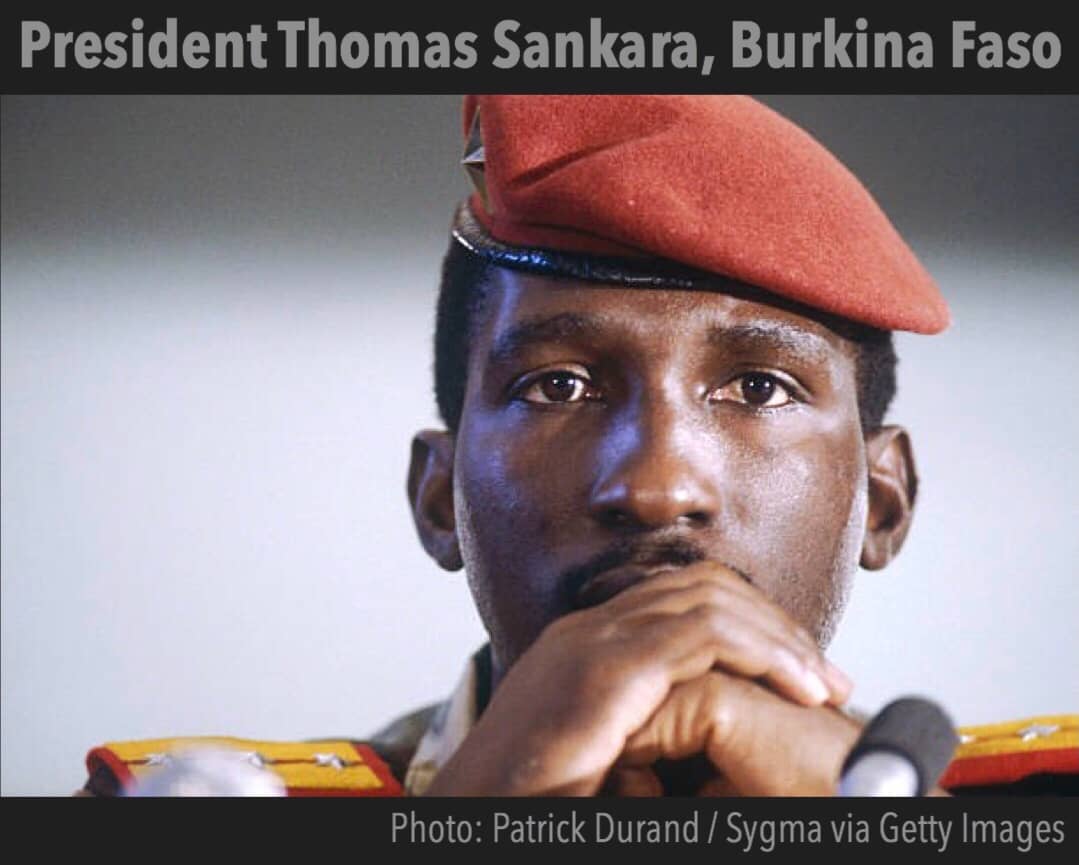
Ellen Monielle 2020-05-07
”The fight against desertification is a fight against imperialism. Imperialism is the incendiary of our forests and savannahs.” – Thomas Sankara
Thomas Sankara was the central leader of the popular and democratic revolution in the country Burkina Faso in West Africa from 1983 to 1987. In the early 1980s, Alto Volta — as the country was known until Sankara changed its name in 1984 — , a former French colony, faced a severe fiscal crisis, along with a political crisis. In this context, Sankara, defender of anti-imperialism and anti-colonialism, emerged as a spokesman for all African peoples who fought for better living conditions and against neocolonial oppression.
Moreover, it recognized the link between capitalist mode of production and consumption and environmental degradation. Taking into account the context of the time, Thomas Sankara was the first African president to perceive and recognize the protection of the environment as an emergency synonym, engaging in three main fights: against forest fires; against the wandering of cattle; and, finally, against the illegal cutting of firewood.
And so, when he took power in 1983, at the age of only 33, Sankara placed water, trees and life as fundamental and sacred elements in all the actions of the National Council of the Revolution (CNR), a congregation that led Burkina Faso. In addition, he created the committees for the Defense Of The Revolution (CDRs), formed by civil groups responsible for spreading the ideals of the revolution throughout the country’s villages. In this sense, it is the beginning of a revolutionary experience fueled by the desire for independence and the fight against imperialism.
In Sankara’s view, it was unacceptable to associate the African continent as an appendix of Western history. In this way, he vigorously defended in his speech the African search for greater self-sufficiency, reporting that it was time to “produce in Africa, transform in Africa and consume in Africa”. For this, in an arid country like Burkina Faso, being self-sufficient, in line with Sankara himself, meant the need to be environmentally sustainable.
“Imperialism is a system of exploitation that occurs not only in the brutal form of those who come with weapons to conquer territory. Imperialism often occurs in more subtle forms, such as a loan, food aid, blackmail. We are fighting against this system that allows a handful of men on Earth to rule all of humanity.” – Thomas Sankara
Therefore, Thomas Sankara made the protection and reforestation of Trees his priority and at events such as weddings, baptisms and visits of important personalities, it was celebrated with a planting ceremony. In addition to that the planting of trees should also be applied during international political summits or in the presentation of credibility letters to ambassadors.
In this perspective, ten million trees were planted under Burkina Faso in just fifteen months as part of a popular development program aimed at combating desertification. In the villages and valleys of the rivers, families were to plant a hundred trees a year in a vast operation called “popular harvest of Forest Seeds”, in order to supply the 7,000 nurseries.
In the national effort to reduce the consumption of firewood and to greet the New Year of 1986, all the children and students of the capital of Burkina Faso, Ouagadugu, built more than 3,500 improved stoves with their own hands, offering them to the mothers of the city. Thus, the cutting and sale of firewood were completely reorganized and strictly regulated. And as for the fires, all the criminal acts of burning were subject to trial and sanction by the people’s Courts of conciliation in the villages, and still, it is worth noting that the requirement to plant a certain number of trees was one of the sanctions issued by these courts.
In addition to this, it is necessary to recognize its commitment to family farming and food sovereignty.
Sankara yearned for food self-sufficiency and questioned:
“Where is imperialism? Look at your dishes when you eat. Rice and imported corn; that’s imperialism. To avoid this, let’s try to eat what we control.”
It therefore embraced agrarian reform to support small rural producers and cereal production, which before 1983 was close to 1.1 billion tonnes, rose to 1.6 billion tonnes in 1987. According to Jean Ziegler, former UN Special Rapporteur on the right to food, “Thomas Sankara overcame hunger. It made Burkina Faso self-sufficient in four years.”
Finally, Sankara illustrated how society’s resources are required to improve the lives of the majority, rather than benefit the enrichment of the minority. His example threatened the power of the presidents of the region and, more generally, the French presence in Africa, thus leading to his murder. Soon, Thomas Sankara awakened the African population to an anti-imperialist message and restoration of national honor, mainly through its environmental protection policies, after two decades of disillusionment and post-independence neocolonialism.
REFERENCES
B., Amber. Thomas Sankara: Imperialism is the Arsonist of our Forests and Savannas. 2018: https://anti-imperialism.org/2018/02/26/thomas-sankara-imperialism-is-the-arsonist-of-our-forests-and-savannas/.
DEMBÉLÉ, Demba Moussa. Thomas Sankara: an endogenous approach to development. Pambazuka News 651, 2013: https://www.thomassankara.net/thomas-sankara-an-endogenous-approach-to-development/?lang=en.
JAFFRÉ, Bruno. Thomas Sankara, precursos de lutas de hoje. 2013: http://www.thomassankara.net/thomas-sankara-precursos-de-lutas-de-hoje/.
LEPIDI, Pierre. Thomas Sankara, l’immortel. 2019: https://www.lemonde.fr/afrique/article/2019/12/31/thomas-sankara-l-immortel_6024468_3212.html.
OUDET, Maurice. L’héritage de Sankara sur les questions de l’écologie et de l’environnement. 2012: https://www.pambazuka.org/fr/pan-africanism/lh%C3%A9ritage-de-sankara-sur-les-questions-de-l%C3%A9cologie-et-de-lenvironnement.
RIDDELL, John. Exhuming Thomas Sankara: Anti-Imperialism in Burkina Faso, 1983–87. 2017: https://johnriddell.com/2017/08/18/exhuming-thomas-sankara-anti-imperialism-in-burkina-faso-1983-87/.
SANTOS, Gabriel. Em memória de Thomas Sankara, um revolucionário. 2019: https://esquerdaonline.com.br/2019/10/17/em-memoria-de-thomas-sankara-um-revolucionario/.
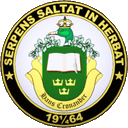
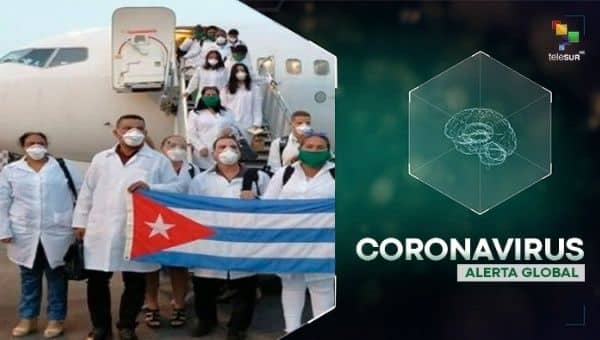
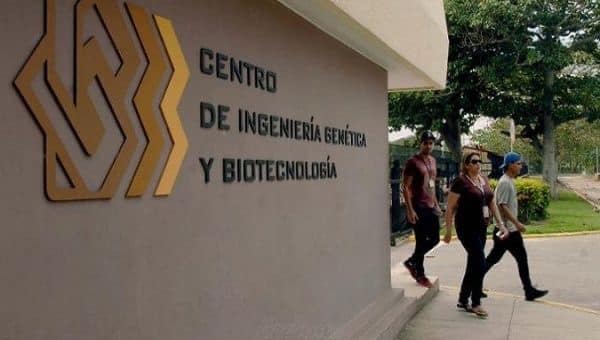
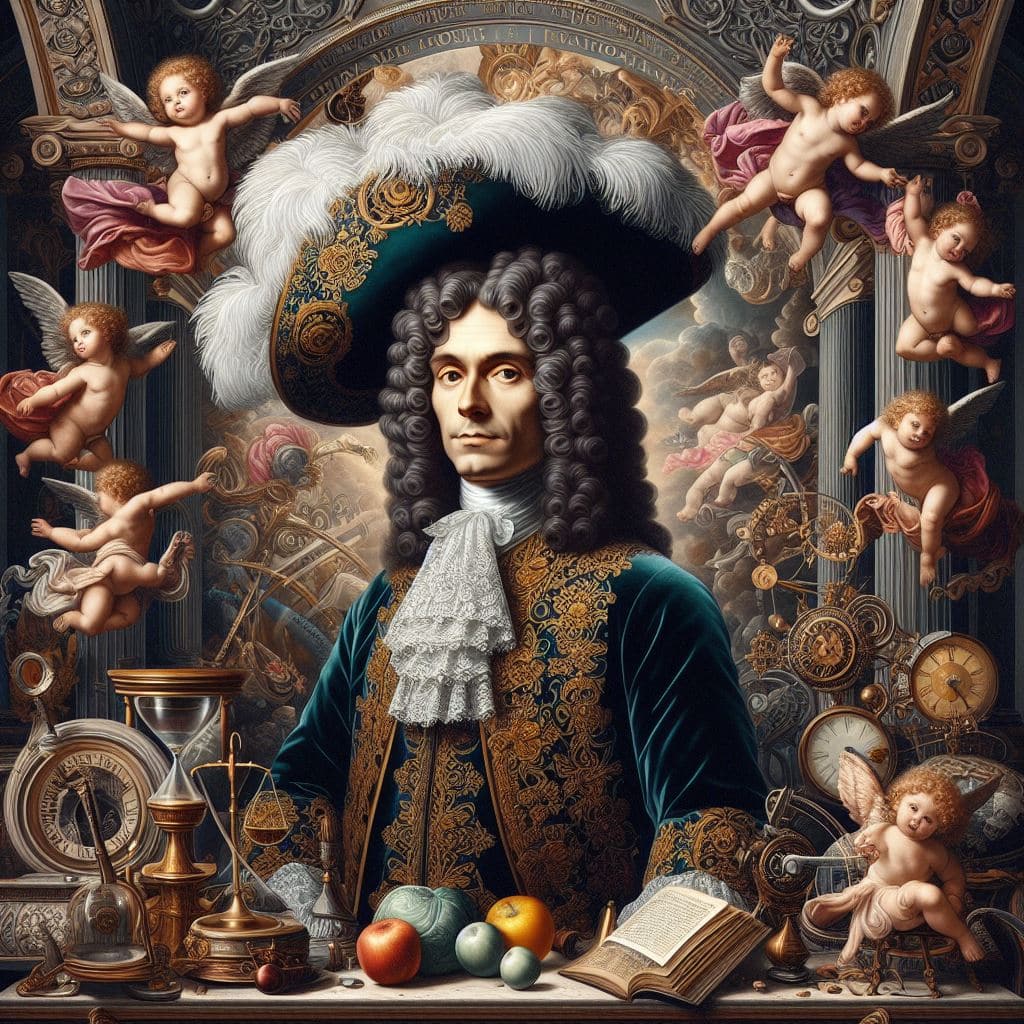
This web site definitely has all the information I needed concerning this subject and didn't know who to ask.
Keep on working, great job! Here is my homepage 스포츠 하이라이트 보기
Thanks for sharing. I read many of your blog posts, cool, your blog is very good.
What is it to doubt? It's a metaphorical biblical reference by an anonymous Tagalog poet.
Can you be more specific about the content of your article? After reading it, I still have some doubts. Hope…